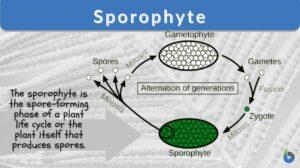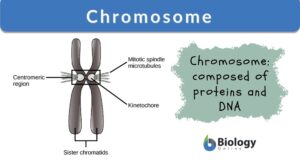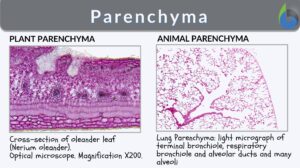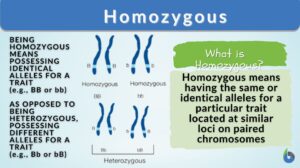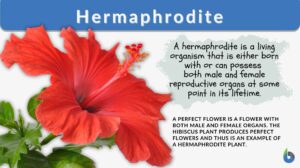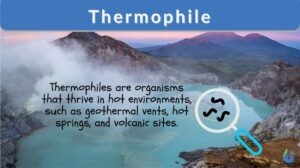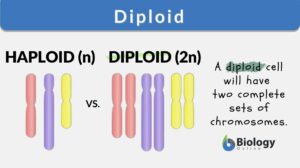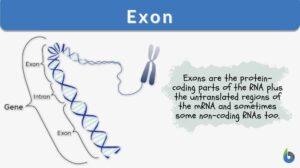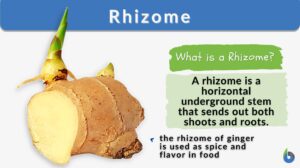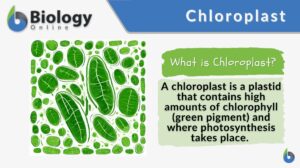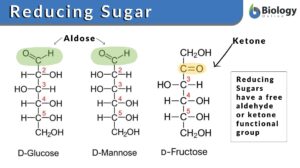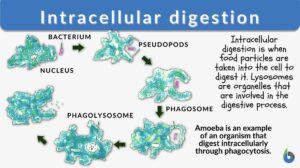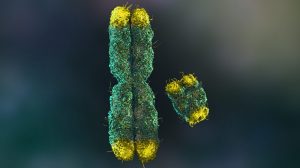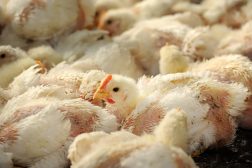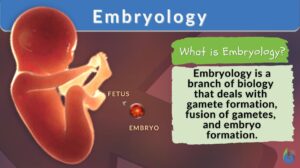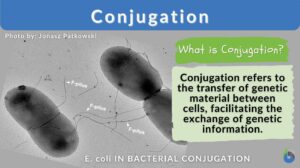Search Results for: possess
Sporophyte
Sporophyte Definition What is a sporophyte? Accordingly, the sporophyte is the plant generation that produces spores. To... Read More
Chromosome
Chromosomes Definition Chromosomes are thread-like structures present in the nucleus of plant and animal cells. Chromosomes... Read More
Parenchyma
Parenchyma Definition What does parenchyma mean? Let's define the word "parenchyma". Most of the functional tissues in... Read More
Vascular plants
Definition of Vascular plants The term 'vascular' is derived from the Latin word vāsculum, vās, meaning "a container and... Read More
Metabolism
Metabolism Definition What is metabolism in the body? Metabolism encompasses the various biochemical processes, reactions,... Read More
Homozygous
Homozygous Definition Diploid organisms that have a genotype of identical alleles for a trait or phenotype at a specific... Read More
Living things
Living Things Definition A living thing pertains to any organism or a life form that possesses or shows the characteristics... Read More
Cell membrane
Cell Membrane Definition Just like any non-living body possesses a plastic or paper packaging material that keeps the... Read More
Hermaphrodite
We all know that typically living organisms are divided into two main categories of sex-based on their biological structure.... Read More
Obligate aerobe
Before we define obligate aerobes, let us first understand and define aerobic organisms. Aerobic organisms are those that... Read More
Book lungs
Book Lungs Definition Lungs are known as the organs that help organisms breathe. When we think of lungs, we think of the... Read More
Thermophile
Thermophiles Definition What are thermophiles? Let us first understand the literal meaning of the word ‘thermophile’.... Read More
Glycocalyx
What is the Glycocalyx? The glycocalyx is a polysaccharide-based gel-like, highly hydrous cellular thin layer, covering... Read More
Y chromosome
Y chromosome Definition The Y chromosome constitutes one member of the pair of sex chromosomes within an organism, a common... Read More
Chloroplast
Chloroplast Definition What is chloroplast? In biology, a chloroplast refers to the organelle found within the cell of... Read More
Reducing sugar
Reducing Sugar Definition What is reducing sugar? The type of sugar that acts as the reducing agent and can effectively... Read More
Intracellular digestion
Intracellular Digestion Definition What is intracellular digestion? ‘Intra’ means "inside" and ‘cellular’ pertains... Read More
Pioneer species
You might have come across news of some barren lands turning into luscious grasslands or forests after decades? Or you might... Read More
Chromosomes X and Y and Sex Determination
Reviewed by: Mary Anne Clark, Ph.D. In humans, the normal chromosome complement is 46, consisting of 22 pairs of... Read More
Selective Breeding
Reviewed by: Mary Anne Clark, PhD Thousands of years before Darwin proposed evolution by natural selection and... Read More
Why Non-Human Primates Don’t Speak Like Humans
Summary: Why are non-human primates unable to speak like humans? A widely-accepted theory associated it with their lack of... Read More
Lock-and-key model
Lock-and-key model Definition Lock-and-key model is a model for enzyme-substrate interaction suggesting that the enzyme and... Read More
Alimentary canal
Definition of Alimentary canal What is the alimentary canal? The alimentary canal is a muscular hollow continuous tubular... Read More
Embryology
Embryology Definition Embryology is a branch of biology that deals with the topics concerning gamete formation... Read More
Conjugation
Conjugation generally means the joining or coming together (union), such as in certain unicellular organisms (some bacteria,... Read More
